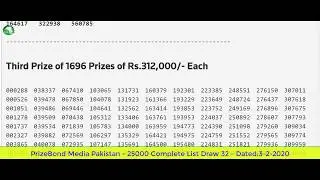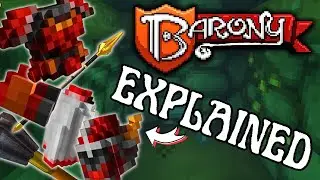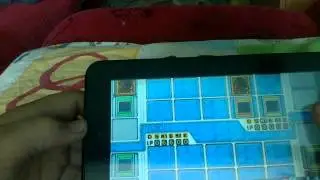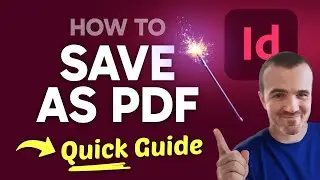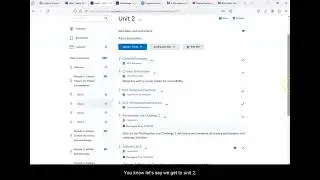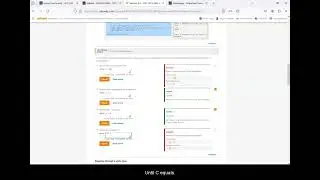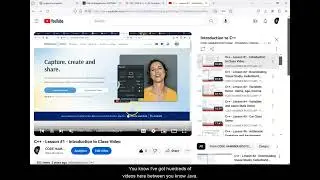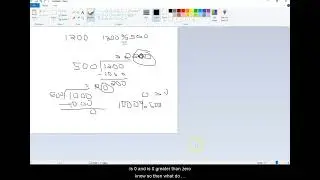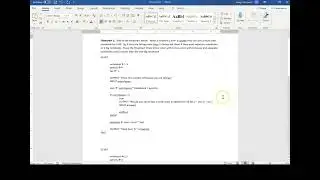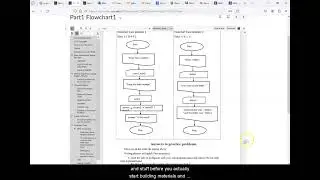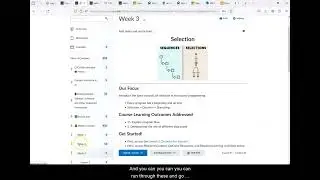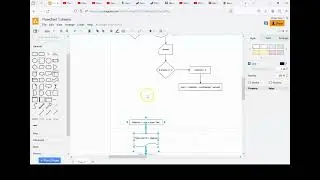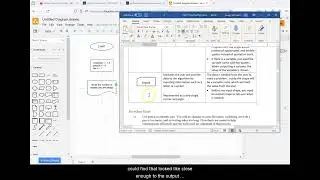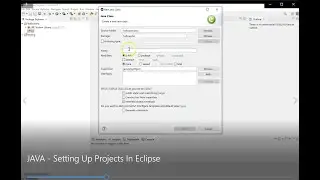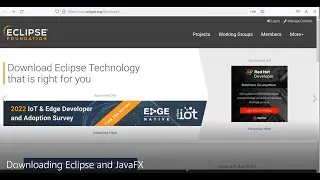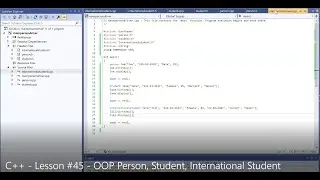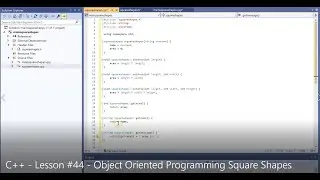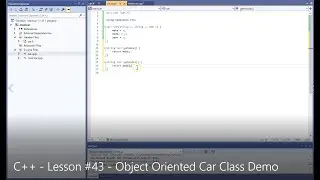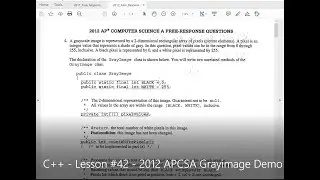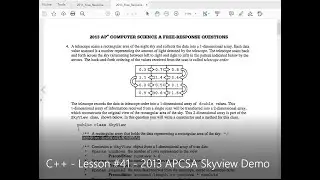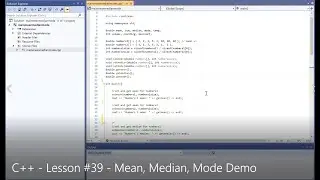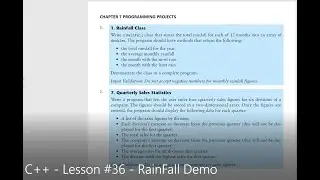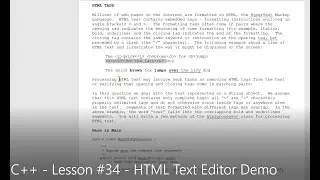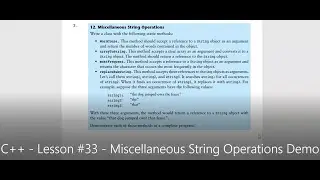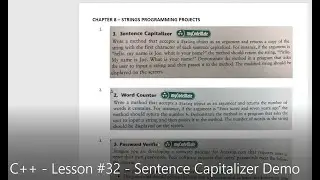Java - Lesson #8 - Variables and Name Age Income Demo
In this video I cover creating objects, classes, and method. I spend time reading a problem set and finding the nouns and verbs or the problem set because ultimately nouns become the class name and the variables and the verbs become the method. Hopefully, the worksheet I show you gives you a framework on how to create all your programs. Finally, I demonstrate using int, double, char, and boolean primitive data type and displaying everything to the screen using print() and println() methods.
My name is Mike Seely and I teach computer science courses at the high school and college level in Colorado. These videos are appropriate for Introduction to Programming, AP Computer Science A, and AP Computer Science Principles classes. I understand that these videos are not of professional quality, but these are the videos I created for my students while we were all locked up during COVID. My videos are of me demonstrating entire programs and/or worksheets or practice quizzes that I would teach in class. My hope is they have a structured flow to them so they could support your learning in a programming course. I hope these videos help everyone learn a fairly difficult subject :)
PS - I apologize if the closed caption doesn't align with what I am saying. I ran the video through a Google translator and the closed caption is what Google came up with not me.
variables, methods, input, output, functions, primitive data types, int, double, char, boolean, ==, .equals(), print(), println(), sequence, selection, iteration, for loop, while loop, do while loop, nested loops, if, else, if else, nested if statements, {, }, (), abstraction, strings, arrays, 2D arrays, recursion, inheritance, interface, UML, flowchart, And, Or, Not, &&, ||, !, Truth Tables, logic, logic gates, binary, number systems, testing, debugging, writing, programming, Java, C++, Python, Netbeans, IDLE, Visual Studio, constants, final, polymorphism, sorting and searching algorithms, arithmetic expressions, combined operators, +, -, *, /, +=, -=, *=, /=, %, modulus, compiler, comments, //, /*, keywords, reserved words,
![[FREE] Digga D x Hazey x M1llionz x Unknown T Type Beat -](https://images.videosashka.com/watch/qfnoLByhXRw)

